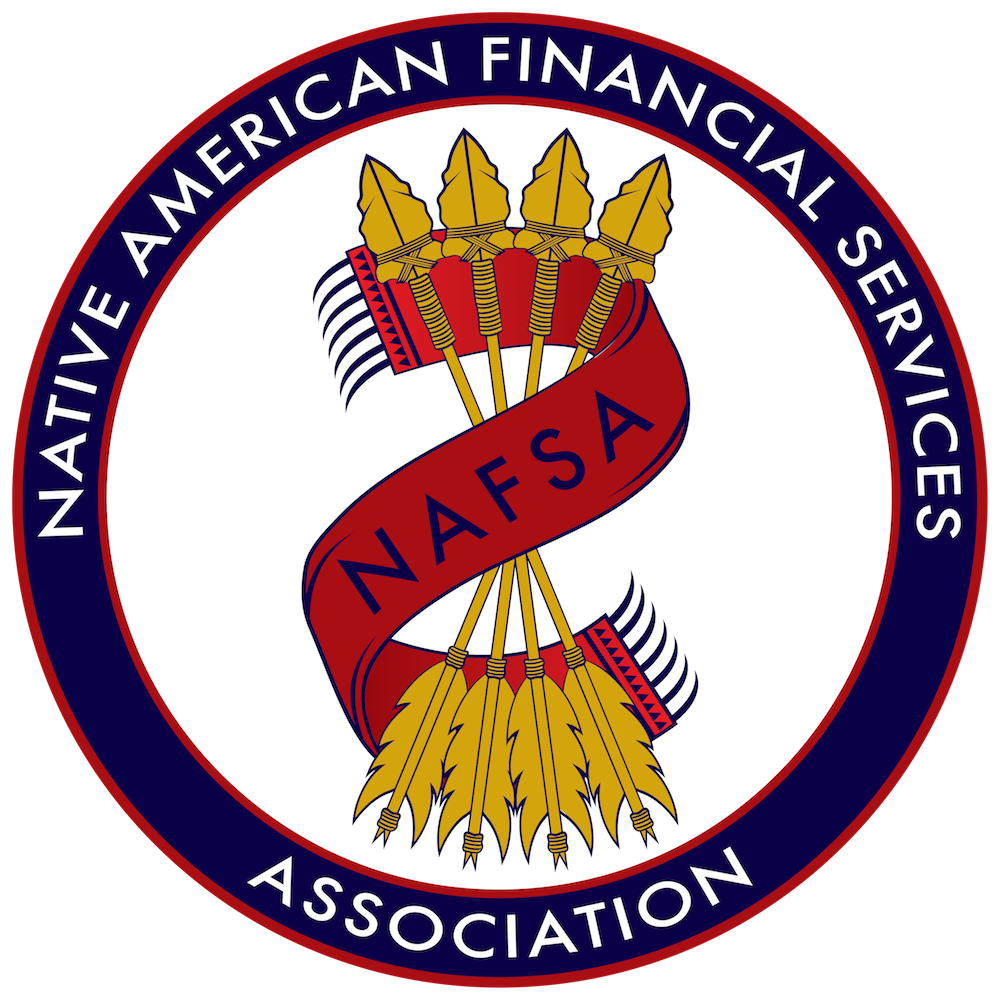The Latest Financial News
CFPB Releases Rulemaking on Debt Collection
The Consumer Financial Protection Bureau (CFPB) released today a notice of proposed rulemaking that would establish new rules on debt collection, primarily for third-party debt collectors. If finalized, it would amend the Fair Debt Collection Practices Act (FDCPA),...
Four Pros (and Cons) of Homeownership
For many people, purchasing a home can the largest financial decision they will make in their life, as well as one of the most daunting. NAFSA’s Financial Literacy Program has a digital module called Considering Home Ownership that can help you discover your personal...
New York Creates “Mini CFPB”
Earlier this week, the New York Department of Financial Services (DFS) established the Consumer Protection and Financial Enforcement Division, an agency some are calling a “mini-CFPB.”Katherine A. Lemire will lead the Division as Executive Deputy Superintendent. Prior...
Why NAFSA?
There are more than 570 federally-recognized tribes in the United States, many of whom are spread across in diverse areas. This has left a need for other tribal economic development opportunities to create sustainability and jobs on Native American reservations.
Tribal Financial Services:
![]() Create jobs & economic development on tribal lands
Create jobs & economic development on tribal lands
![]() Increase the financial independence of tribes
Increase the financial independence of tribes
![]() Deploy sovereignty & bolster tribal self-determination
Deploy sovereignty & bolster tribal self-determination

The Impact of Tribal Financial Services
Coming from a history of staggering unemployment rates, limited opportunities, and lack of access to fundamental resources, Native American tribes began online lending businesses to create real change for the future. Internet commerce has been a vehicle for supporting economic growth, tribal services, and tribal development. These are their stories.
Our Mission
To advocate for tribal sovereignty, promote responsible financial services, and provide better economic opportunity in Indian Country for the benefit of tribal communities.




